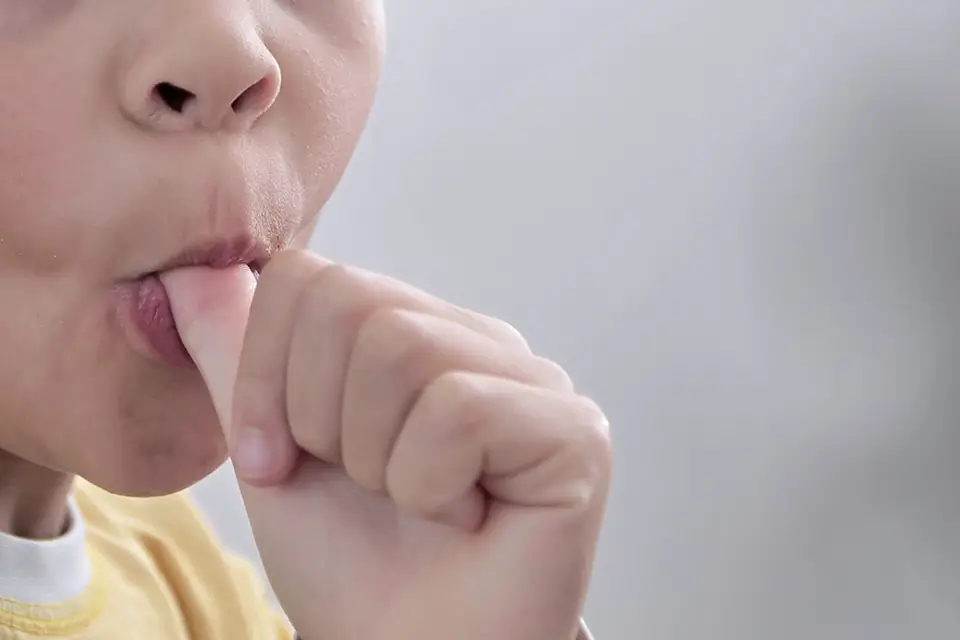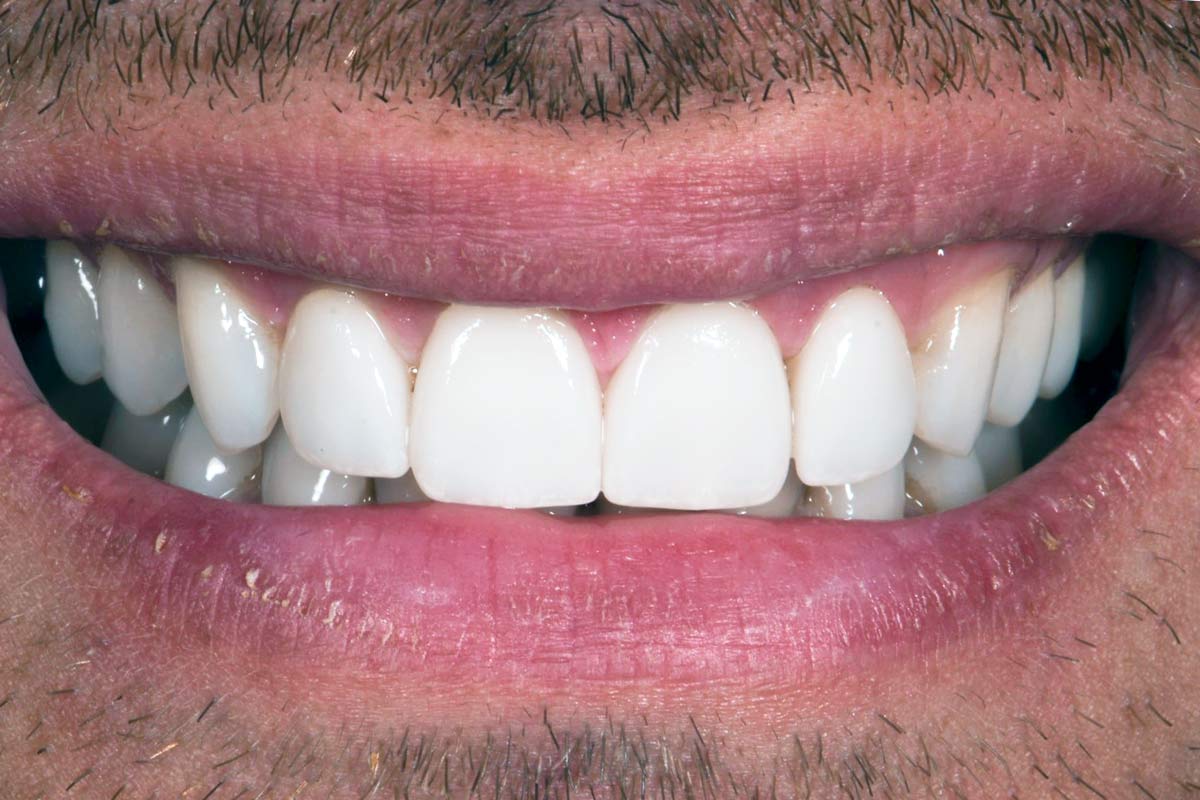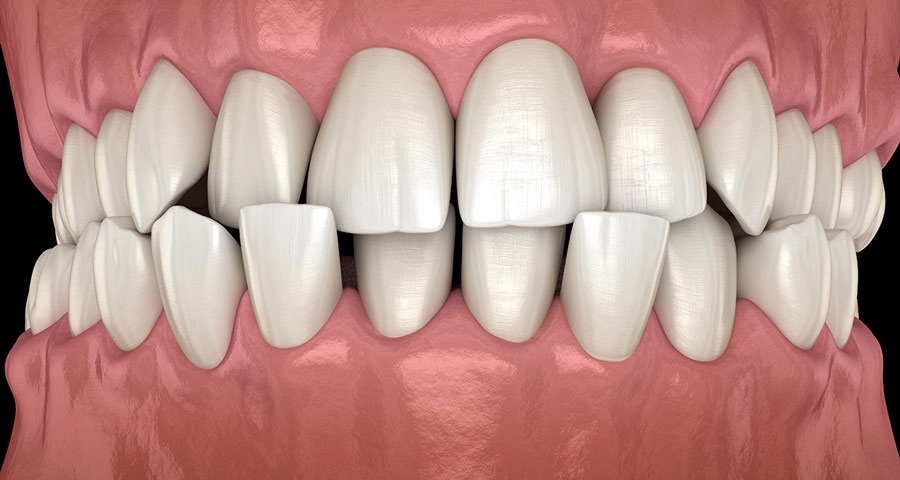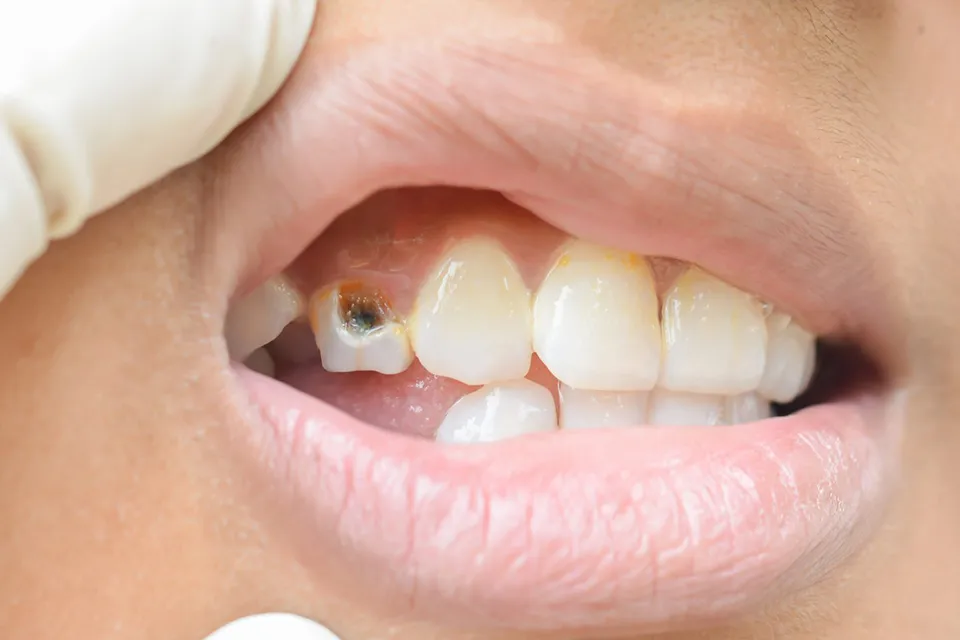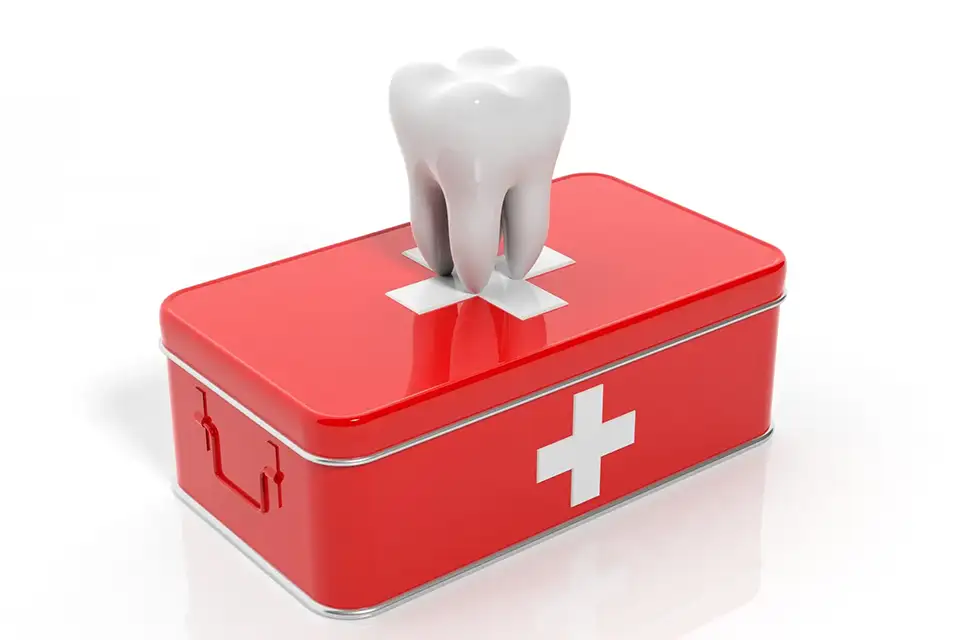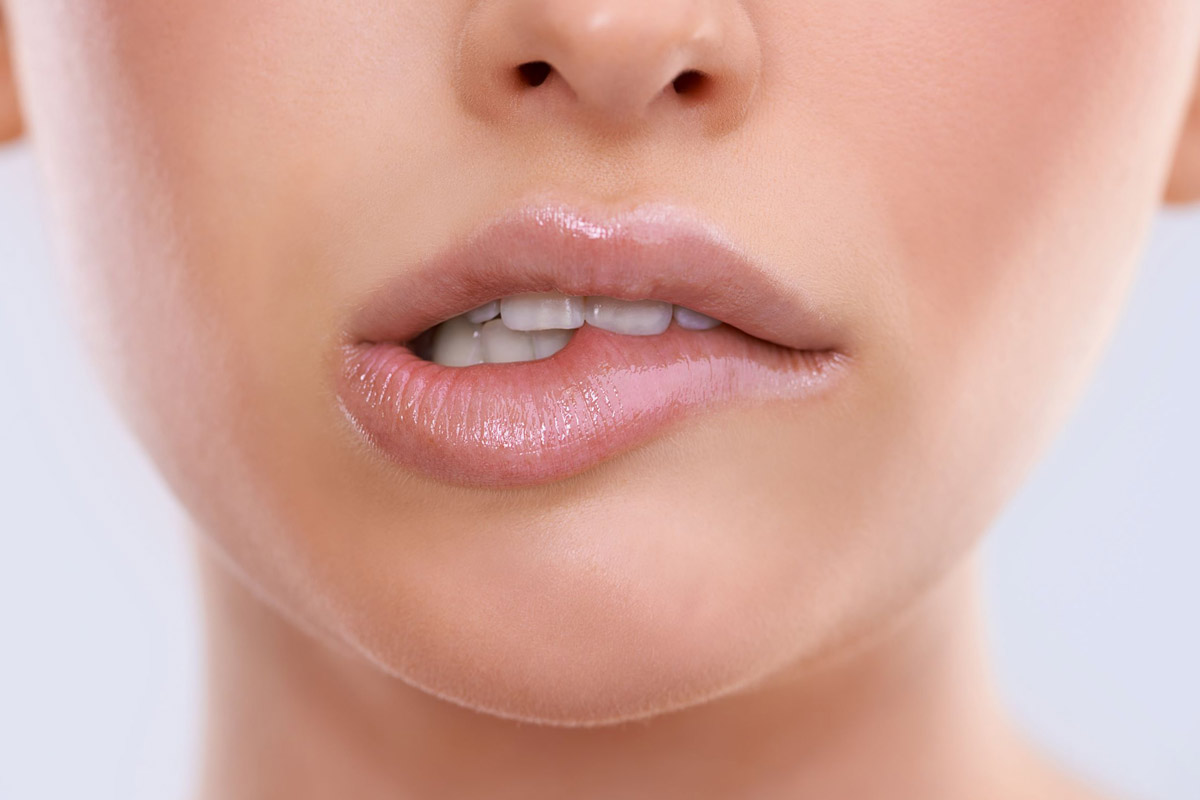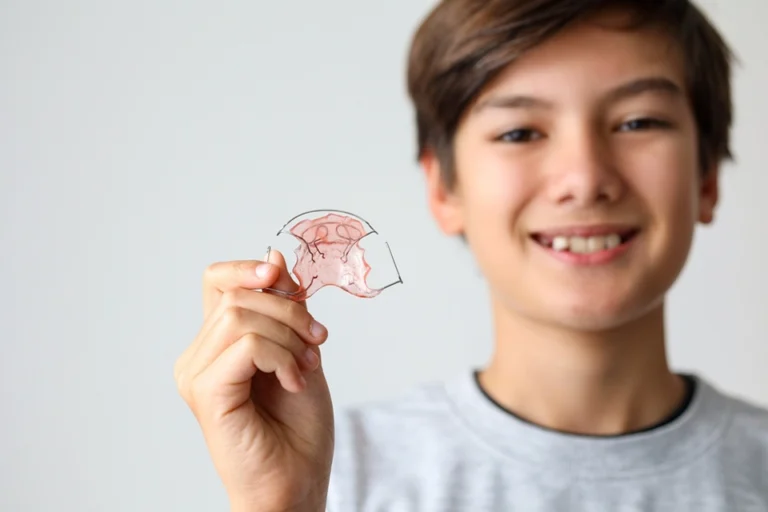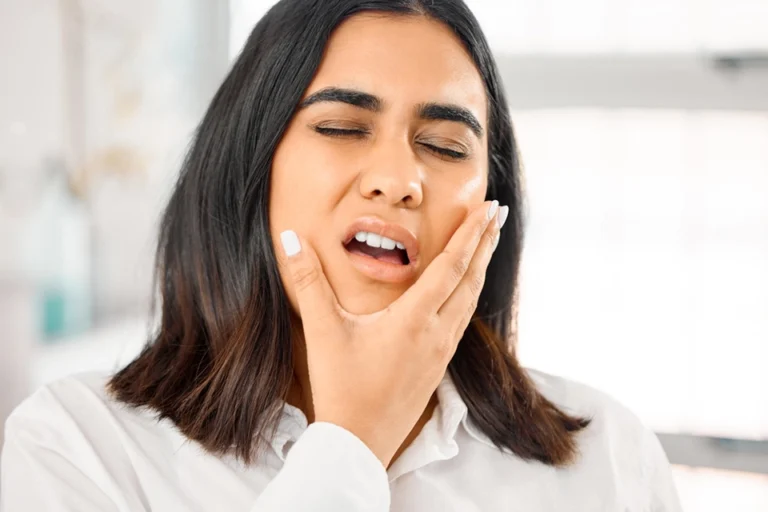While everyone may respond to stress differently, stress causes our brain to crave comfort foods or develop bad habits like smoking and drinking alcohol. Your dental health may be in danger due to these harmful practices.
Early diagnosis of oral health issues can help protect your gums, teeth, and jaws from the long-term impacts of anxiety. Talk to your dentist about your overall well-being so they can address the effects of anxiety on your dental health.
Can Dental Health Affect Mental Health?
While stress is a natural occurrence, excessive stress contributes to various mental and physical health concerns, including dental health issues. Everyone reacts differently to pressures, but for some, it can be overwhelming, leading to unhealthy habits.
For example, they can develop poor dental hygiene and bad oral health habits, all of which can have negative consequences. Although we cannot avoid anxiety, there are steps we can take to manage.
By doing so, we can reduce its impact on our dental health. Unfortunately, we rarely consider how it affects our oral health and habits. For example, people may forget to brush or floss their teeth or skip routine dental visits when under great stress.
Stress-Related Oral Conditions
There are several ways that it can harm your oral health:
- Jaw problems or disorders of the jaw joint or chewing muscles- Which may result in ear or facial pain.
- Bruxism or teeth grinding- This can occur at any time of day or night, especially while trying to concentrate.
- Poor oral hygiene due to insufficient brushing and flossing- Tooth decay and gum disease can develop if you are too busy or neglect your oral hygiene.
- Canker sores- A lack of vitamin B and any form of mouth injury or irritation can cause them. According to several studies, stress is another major cause of canker sores.
- Oral infections or sores- These can also appear as ulcers, white lines, or white or red spots and anxiety can trigger them.
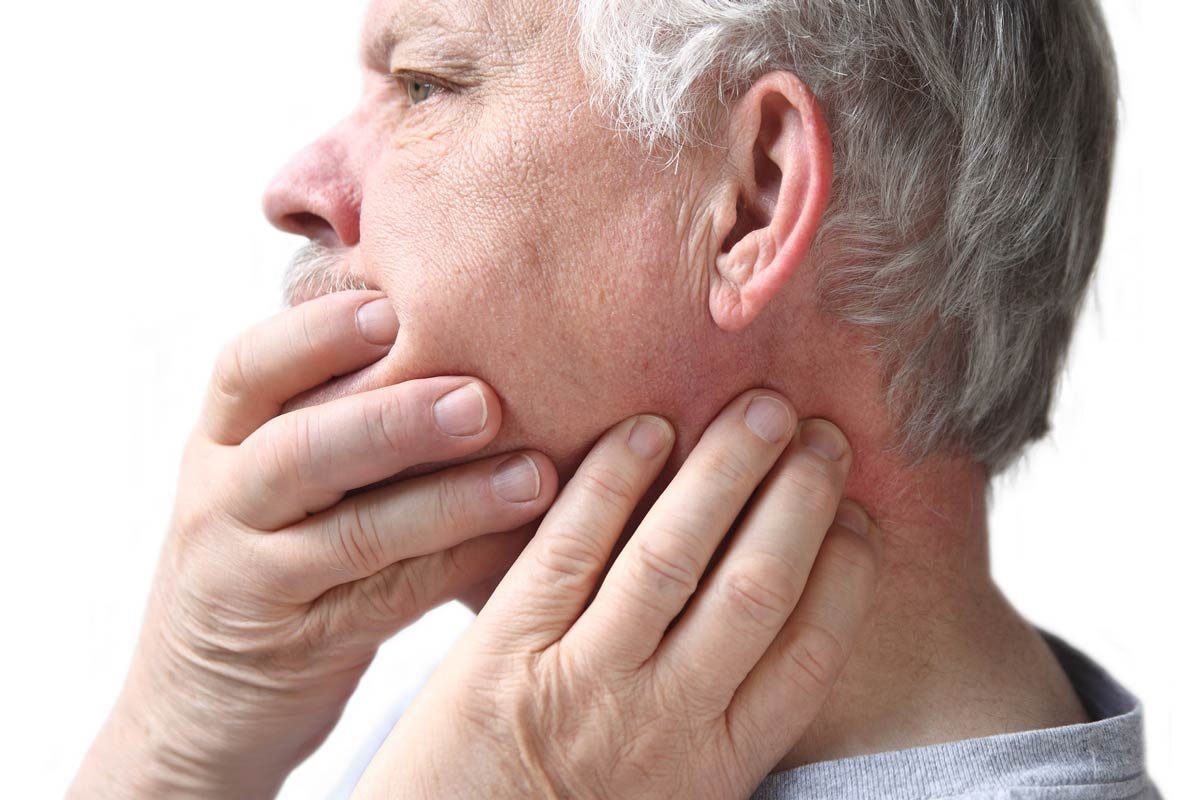
Poor Dental Hygiene and Stress
People who are stressed are more likely to do activities that harm their dental health. When a person is under a lot of stress, they might skip brushing their teeth or flossing, or at best, give their teeth a quick brush.
Stress-related teeth grinding can wear down the enamel and make teeth more sensitive. In addition, they may indulge in unhealthy snacks, particularly ones heavy in sugar.
Some individuals rely on harmful coping mechanisms, such as smoking, alcohol consumption, cannabis use, and sugary foods, to manage stressful situations. Unfortunately, these behaviors may harm oral health and increase your risk of tooth decay, gum disease, and oral cancer.
How to Take Care of Your Teeth While Being Stressed?
Although developing a dental hygiene practice can be challenging for people with depression and anxiety, doing so is essential to maintaining healthy teeth and gums.
Everybody should try to floss at least once a day and brush their teeth twice a day. Use mouthwash to help rinse away debris and get rid of harmful bacteria.
People who struggle to remember to brush their teeth might set a morning and evening alarm to remind themselves. The following step, which continues the first, is to keep regular check-ups with a dentist and professional treatments with a hygienist.
Most people grind their teeth (bruxism) and do it at night while sleeping. During the day, they are unaware that this problem needs to be handled. Call us at Zara Dental in Houston, Texas or make an appointment online if you need more information on how to properly take care of your teeth when dealing with stress and anxiety!

